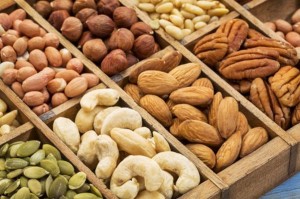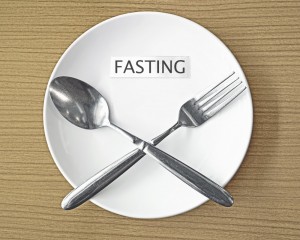1) 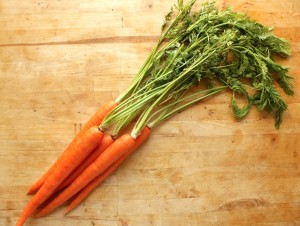 Myth: Raw carrots are more nutritious than cooked ones.
Myth: Raw carrots are more nutritious than cooked ones.
Fact: Cooking breaks down fiber, making it easier for your body to process. The process breaks down the tough cellular walls that encase the beta-carotene there by increasing its nutritional value.
 2) Myth: Eggs with brown shells are more nutritious than those with white shells.
2) Myth: Eggs with brown shells are more nutritious than those with white shells.
Fact: The color of the eggshell does not affect nutrition, but indicates the color of the bird’s feathers and earlobes.
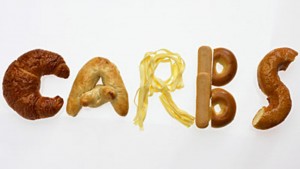 3) Myth: No carbs diet is the key to faster weight loss.
3) Myth: No carbs diet is the key to faster weight loss.
Fact: Absence of carbs in diet can cause low energy levels resulting in reduced body metabolism. A complex carb is high in fiber content and increases body metabolism that helps in faster weight reduction.
4) Myth: Nuts contain high amount of fats.
Fact: Nuts are an excellent source of a wide range of essential nutrients, including vitamin E, several forms of vitamin B, and minerals such as calcium, zinc, iron, magnesium, and potassium.
 5) Myth: Remove the skin before cooking chicken.
5) Myth: Remove the skin before cooking chicken.
Fact: Baking, grilling, broiling, or roasting chicken with the skin intact helps preserve its natural juices. You can cook with the skin — and then remove it before serving.
 6) Myth:The Azinamoto found in some Chinese dishes can trigger headaches and other reactions.
6) Myth:The Azinamoto found in some Chinese dishes can trigger headaches and other reactions.
Fact: It probably is not the monosodium glutamate; people are most likely reacting to histamine, tyramine, and phenylethylamine.
 7) Myth: Olive oil is best for Health.
7) Myth: Olive oil is best for Health.
Fact: Olive oil is not a great source of omega 3 fatty acid and therefore cannot be considered as the basic cooking oil. Best is to keep on changing oils, to get all different essential fatty acids.
8) Myth: It’s important to fast weekly, to cleanse toxins from your body.
Fact: Your body has its own elegantly designed system for removing toxins—namely, the liver, kidneys, and spleen. There isn’t any evidence that not eating makes them do this job any better.
9) Myth: Sea Salt is a healthier than the regular salt.
Fact: Sea salt also contains other compounds like magnesium and iron, but in truth, these minerals exist in trace amounts. To obtain a meaningful dose, you’d have to take in extremely high and potentially dangerous levels of sodium. Also, table salt is regularly fortified with iodine while sea salt gives you virtually zero iodine.
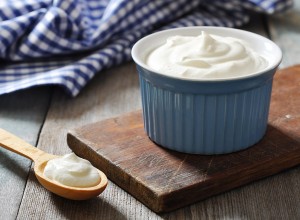
10) Myth: Yogurt is good for your gut.
Fact: Yogurts contain beneficial bacteria that can send reinforcements to your gut when you need them. But most flavoured yogurts are so high in sugar that they do more to promote unhealthy gut bacteria than anything else. So next time when you pick your yogurt make sure you choose a sugarless yogurt.
If you have further questions then please contact us on.

